Κείμενο
Καλημέρα, ονομάζομαι Στέλιος Πανταζής, είμαι γιατρός, είμαι εξειδικευμένος στην ιατρική διατροφολογία και στις διαταραχες του μεταβολισμού και σήμερα θα ήθελα να μιλήσω για το πόσο προστατεύει η γυμναστική την υγεία της καρδιάς. Υπάρχουν δύο ειδών ανθρώπων. Αυτοί που περνάνε ωραία όταν κάνουν γυμναστική και αυτοί που περνάνε ωραία μόλις τελειώσει η γυμναστική. Όχι αυτό δεν είναι κάποιο αστείο, είναι μία πραγματικότητα. Ο περισσότερος κόσμος που γυμνάζεται, γυμνάζεται για τα οφέλη που έχει μετά τη γυμναστική. Ο λόγος που γυμνάζεται δεν είναι το πως νιώθει τη μία ώρα της γυμναστικής, αλλά το πώς νιώθει τις επόμενες 23. Αυτό ισχύει για τη συντριπτική πλειοψηφία των ανθρώπων. Υπάρχει όμως μία μικρή ομάδα ανθρώπων για τους οποίους ισχύει το αντίθετο. Διασκεδάζουν πάρα πολύ τη στιγμή της γυμναστικής και μετά τη γυμναστική δεν διασκεδάζουν τόσο πολύ ή ακόμα και μετρούν τις ώρες με προσμονή μέχρι να ξαναρχίσουν τη γυμναστική. Εγώ ανήκω στη δεύτερη κατηγορία. Η γυμναστική μου προκαλεί μεγάλη ευχαρίστηση και μετά τη γυμναστική το μόνο που σκέφτομαι είναι πότε θα ξανακάνω γυμναστική. Σε αυτή την κατηγορία ανήκουμε πάρα πολύ λίγοι άνθρωποι. Έτσι, εκμεταλλεύομαι τη γυμναστική για να έχω μία όμορφη καθημερινότητα. Αυτή η μικρή εισαγωγή έγινε για να σας πω ότι εγώ λατρεύω τη γυμναστική, αλλά νομίζω ότι υπάρχουν κάποιοι ειδικοί που υπόσχονται ότι η γυμναστική μπορεί να κάνει πολλά περισσότερα από αυτά που πραγματικά μπορεί να κάνει για την υγεία σας. Οι μελέτες δείχνουν ότι τα οφέλη από την άσκηση μεγιστοποιούνται μετά από 2-3 ώρες τη βδομάδα και ουσιαστικά από κει και πέρα, αν ο στόχος σας είναι η καλή υγεία, δεν έχει νόημα κάποιος να προσπαθείτε περισσότερο και να αφιερώνετε περισσότερο χρόνο. Πρόσφατα δημοσιεύθηκε άλλη μία μελέτη πού δείχνει ακριβώς αυτό. Πάμε να την δούμε λίγο καλύτερα. Η μελέτη δεν ήταν αρκετά μακροχρόνια σε διάρκεια ώστε να μας δείξει την υγεία της καρδιάς, αλλά μελέτησε τους τρεις σημαντικότερους παράγοντες κινδύνου που σχετίζονται με την υγεία της

καρδιάς, την πίεση, το ζάχαρο και τη χοληστερίνη. Η μελέτη εξέτασε τη συχνότητα αυτών των τριών σημαντικών παραγόντων κινδύνου για την υγεία της καρδιάς σε άτομα ανάλογα με το βάρος τους και το επίπεδο δραστηριότητας. Θα ήταν πολύ ενδιαφέρον να δούμε σε βάθος χρόνου αν αυτό μεταφράζεται σε λιγότερα εμφράγματα και άλλες παθήσεις της καρδιάς, αλλά για την ώρα οι παράγοντες κινδύνου που έχουμε στα χέρια μας είναι κάτι αρκετά σημαντικό. Στη μελέτη δημοσιεύτηκε αυτό το εξαιρετικό διάγραμμα που βλέπετε τώρα στην οθόνη σας. Εδώ βλέπουμε ότι οι συμμετέχοντες της μελέτης έχουν χωριστεί σε τρεις ομάδες. Στη μία ομάδα είναι άτομα με φυσιολογικό βάρος, δηλαδή δείκτη μάζας σώματος μέχρι 25. Στην επόμενη στήλη είναι άτομα υπέρβαρα, δηλαδή δείκτη μάζας σώματος μέχρι 30 ενώ στην τρίτη στήλη είναι άτομα που έχουν δείκτη μάζας σώματος από 30 και πάνω. Τώρα η κάθε στήλη χωρίζεται σε τρεις υπό-στήλες ανάλογα με το επίπεδο δραστηριότητες που ανέφεραν οι συμμετέχοντες. Αριστερά είναι τα άτομα τα οποία ορίστηκαν ως δραστήρια, τα άτομα δηλαδή που γυμνάζονται όσο συστήνουν οι κατευθυντήριες οδηγίες, ενώ τα άτομα που είναι δεξιά είναι τα άτομα τα οποία δεν γυμνάζονται καθόλου. Τέλος, στη μεσαία στήλη είναι άτομα που γυμνάζονται, αλλά όχι όσο συστήνουν οι κατευθυντήριες οδηγίες. Κάθε υποστήλη έχει τρεις χρωματιστές τελίτσες. Οι τελίτσες με το πορτοκαλί χρώμα αντιπροσωπεύουν τον κίνδυνο εμφάνισης αυξημένης χοληστερίνης, οι πράσινες βουλίτσες τον αυξημένο κίνδυνο εμφάνισης πίεσης και οι μωβ βουλίτσες τον κίνδυνο εμφάνισης διαβήτη. Όσο πιο ψηλά είναι αυτές οι δουλίτσες τόσο μεγαλύτερος είναι ο κίνδυνος. Πάμε να συγκρίνουμε μερικές υποστήλες μεταξύ τους και να δούμε πως μεταφράζεται ο κίνδυνος. Όλες οι συγκρίσεις γίνονται με άτομα φυσιολογικού βάρους που είναι δραστήριοι, δηλαδή που κάνουν γυμναστική όσο συστήνουν οι κατευθυντήριες οδηγίες και περισσότερο. Θα ξεκινήσω με τη σύγκριση ατόμων φυσιολογικού βάρους που γυμνάζονται σύμφωνα με τις κατευθυντήριες οδηγίες, σε σχέση με άτομα που

δεν γυμνάζονται καθόλου, αλλά έχουν φυσιολογικό βάρος. Από εδώ φαίνεται ότι ο κίνδυνος αυξημένης εμφάνισης χοληστερίνης είναι υπαρκτός, αλλά μικρός, περίπου 10%. Αντίθετα, η πιθανότητα εμφάνισης διαβήτη είναι αρκετά αυξημένη, περίπου 41%. Ο κίνδυνος εμφάνισης υπέρτασης είναι κάπου ενδιάμεσα. Ας συγκρίνουμε τώρα ένα άτομο φυσιολογικού βάρους το οποίο δεν γυμνάζεται με ένα άτομο υπέρβαρο, αλλά όχι παχύσαρκο, που γυμνάζεται σύμφωνα με τις κατευθυντήριες οδηγίες. Εδώ βλέπουμε ότι η αυξημένη πιθανότητα χοληστερίνης είναι πολύ μεγαλύτερη, η αυξημένη πιθανότητα πίεσης είναι πάρα πολύ μεγαλύτερη και αγγίζει το 92%, ενώ ο κίνδυνος εμφάνισης διαβήτη είναι λίγο χαμηλότερα. Συνολικά, ο κίνδυνος καρδιοπάθειας είναι μεγαλύτερος. Δηλαδή αν κάποιος είναι υπέρβαρος και γυμνάζεται όσο συστήνουν οι κατευθυντήριες οδηγίες έχει χειρότερη υγεία της καρδιάς σε σχέση με ένα άτομο φυσιολογικού βάρους που δεν γυμνάζεται καθόλου. Πάμε να μεταφέρουμε τη σύγκριση σε άτομα παχύσαρκα. Πόσο προστατεύει η γυμναστική την υγεία της καρδιάς ενός ατόμου με παχυσαρκία; Εδώ βλέπουμε ότι οι βουλίτσες φτάνουν πάρα πολύ ψηλά. Οι πράσινες και οι μωβ βούλες που δείχνουν την πιθανότητα εμφάνισης πίεσης και διαβήτη είναι πάρα πολύ ψηλότερα και δείχνουν ότι η πιθανότητα εμφάνισης πίεσης δείχνω ότι είναι αυξημένη 500% και η πιθανότητα εμφάνισης πίεσης 350%. Ακόμα και τη σύγκριση να κάνουμε ανάμεσα σε παχύσαρκα άτομα που γυμνάζονται ή δεν γυμνάζονται καθόλου, θα δούμε διαφορές οι οποίες όμως είναι μικρές σε σχέση με τα άτομα που έχουν χαμηλό βάρος, ή ακόμα και με άτομα που είναι υπέρβαρα. Ποιο είναι λοιπόν τα συμπέρασμα της μελέτης; Το συμπέρασμα είναι ένα και ξεκάθαρο, ένα άτομο το οποίο έχει αυξημένο βάρος και θέλει να προστατέψει την καρδιά του, θα πρέπει να στρέψει την προσοχή του στη μείωση του βάρους, και αυτό σπάνια επιτυγχάνεται με τη γυμναστική. Η γυμναστική από μόνη της δεν βοηθάει στην απώλεια βάρους ούτε προστατεύει σημαντικά την καρδιά αρκετά ώστε να έχουμε ανοχής στο αυξημένο βάρος. Το άτομο

πρέπει να αφιερώσει ένα σημαντικό κομμάτι της ζωής του να αλλάξει τη διατροφή του έτσι ώστε να φέρει το βάρος του στο φυσιολογικό. Η γυμναστική από μόνη της δεν προστατεύει την καρδιά, όπως και δεν βοηθάει στη μείωση του βάρους. Αφιέρωσα πολύ χρόνο στην αρχή για να σας πω πόσο πολύ μου αρέσει η γυμναστική για να καταλάβετε ότι δεν είμαι ένας άνθρωπος που δεν γυμνάζεται. Το αντίθετο, είμαι ένας άνθρωπος που γυμνάζεται πάρα πολλές ώρες τη βδομάδα αλλά, ο στόχος μου δεν είναι ούτε υγεία της καρδιάς ούτε η διατήρηση του βάρους μου. Ο στόχος μου είναι η διασκέδαση. Γυμνάζομαι πολύ γιατί όταν γυμνάζομαι περνάω καλά. Δεν γυμνάζομαι γιατί αυτό κάνει καλό στην καρδιά μου και δεν γυμνάζομαι για να μπορώ να τρώω περισσότερο. Γυμνάζομαι γιατί όταν γυμνάζομαι περνάω καλά. Αλλά ξέρω και πολλούς ανθρώπους που όταν γυμνάζονται δεν περνάνε καλά αλλά, νιώθουν πολύ καλά τις 23 ώρες που δεν γυμνάζονται και το θεωρούν αυτό πολύ χρήσιμο. Αν όμως κάποιος γυμνάζεται με στόχο την καλύτερη υγεία, τότε 150 λεπτά την εβδομάδα μέτριας ασκήσεις, όπως βάδην, είναι συνήθως αρκετά για να έχει όλα τα οφέλη της άσκησης. Αν αυξήσει τον χρόνο που ασκείται στα 300 λεπτά, αυτό θα τον ωφελήσει ελάχιστα περισσότερο. Θα ήταν καλύτερο αν αυτά τα 150 παραπάνω λεπτά τα αφιερώσετε για να κόβετε σαλάτες και να καθαρίζετε φρούτα. Με αυτό τον τρόπο θα κάνετε μεγαλύτερο καλό στην καρδιά σας. Δεδομένου ότι τα τρώτε κιόλας. Αν βρήκατε το θέμα ενδιαφέρον, σας παρακαλώ, να πατήσετε το κουμπί μου αρέσει, να το μοιραστείτε με άτομα που θα το βρουν ενδιαφέρον και να εγγραφείτε στο κανάλι για να σας ενημερώνουμε για μελλοντικά θέματα. Επίσης, μπορείτε να χρησιμοποιήσετε τα σχόλια για να ζητήσετε να παρουσιάσουμε ένα θέμα στο μέλλον. Σας ευχαριστώ πολύ.




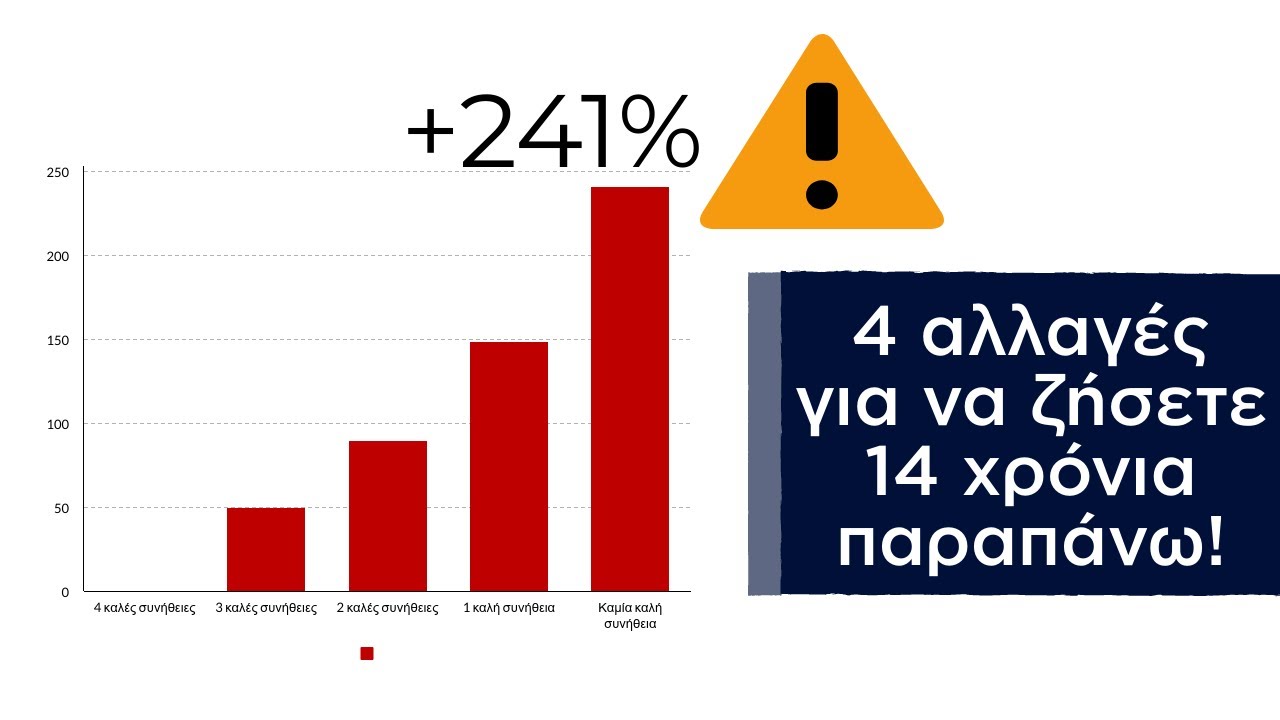
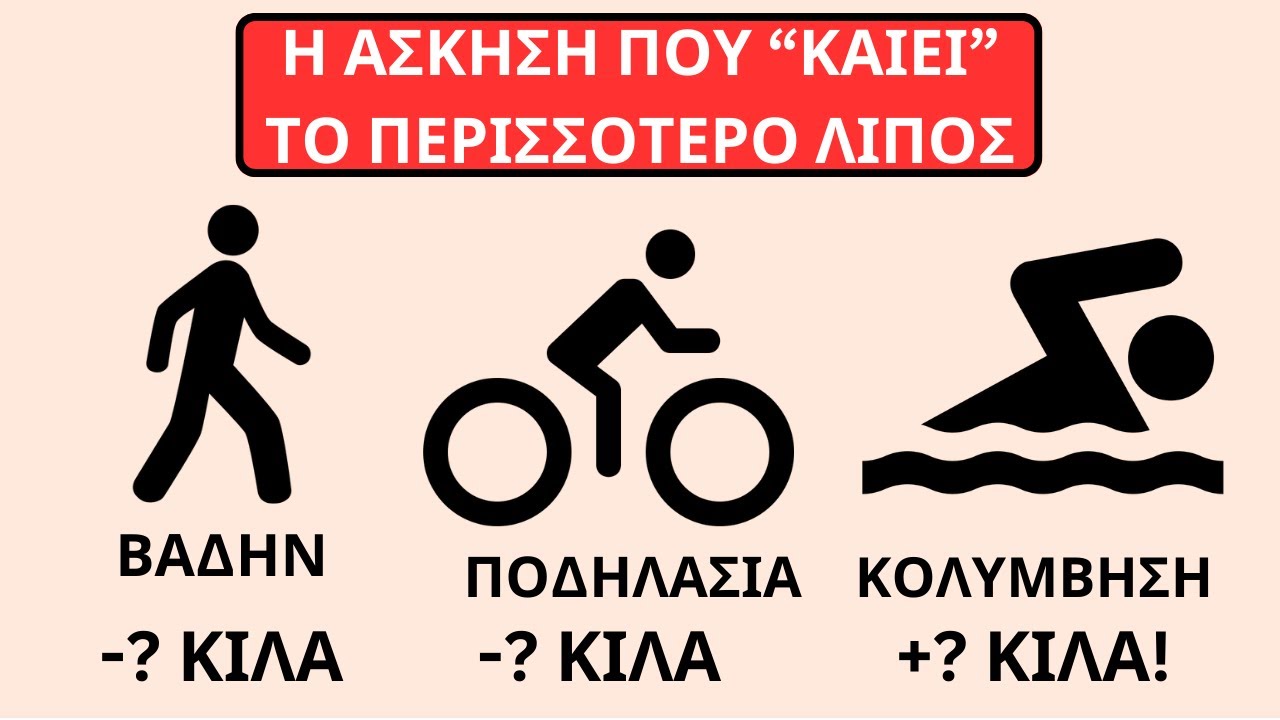









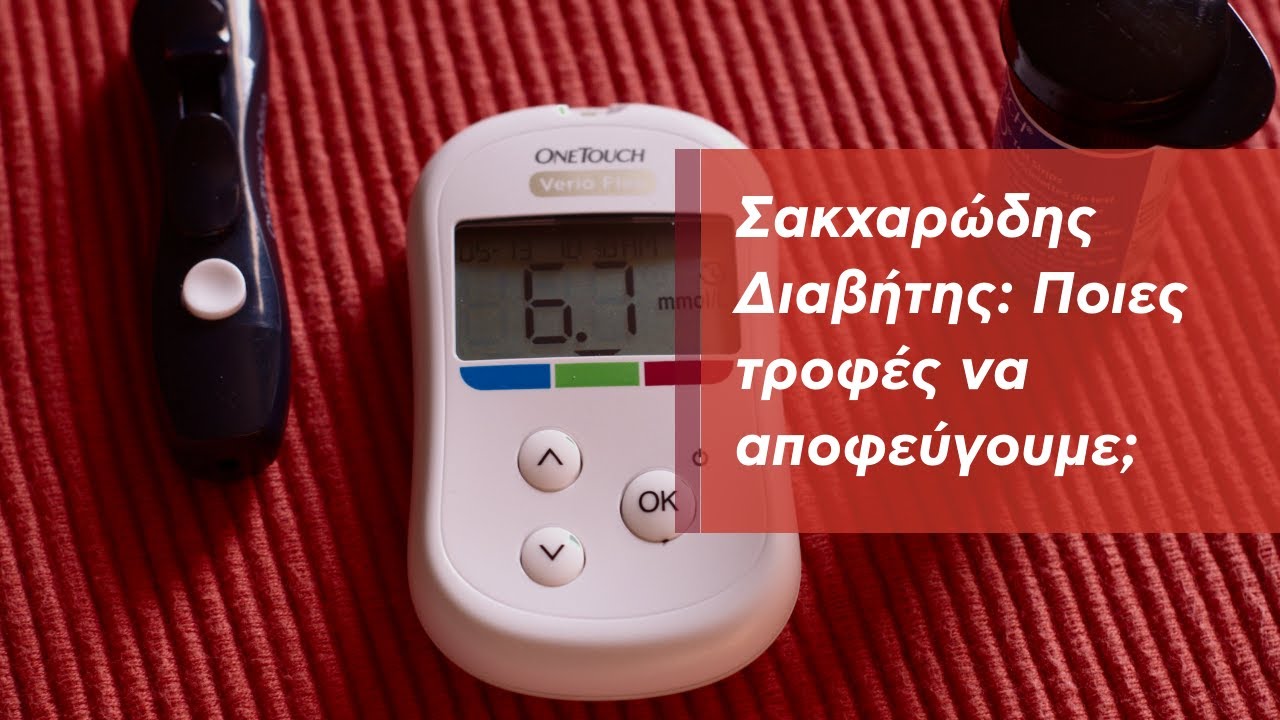




















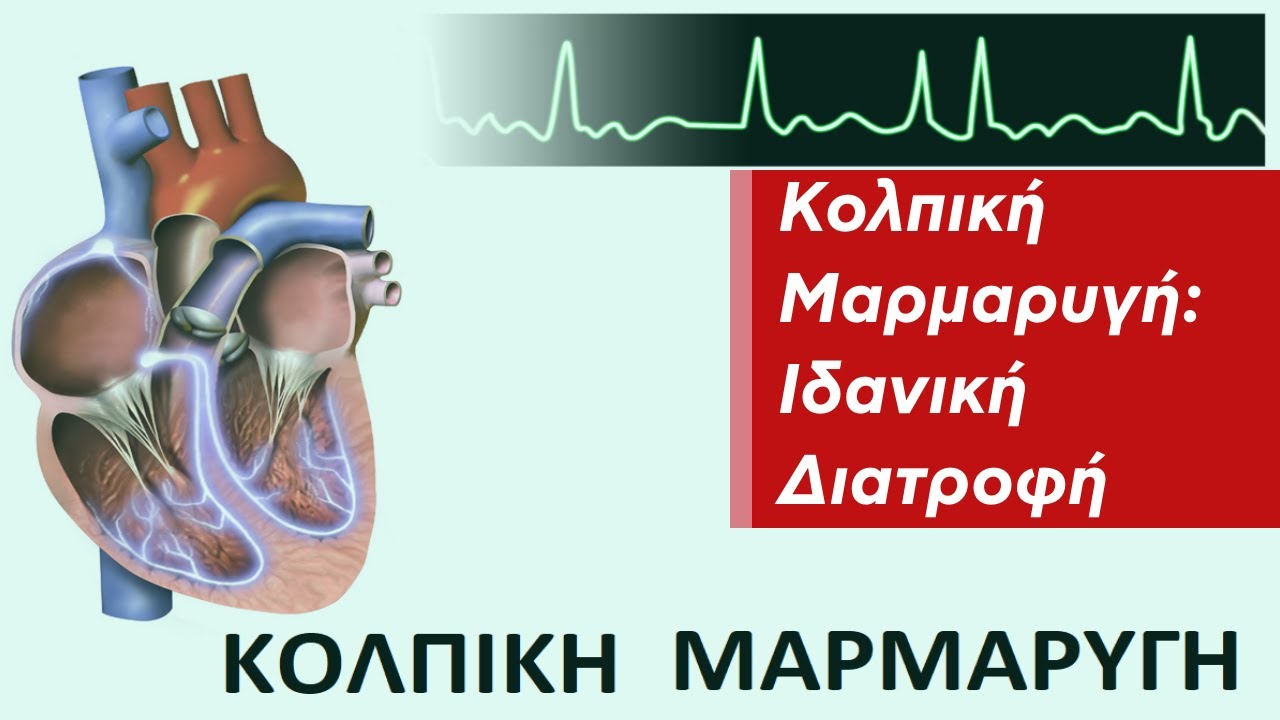


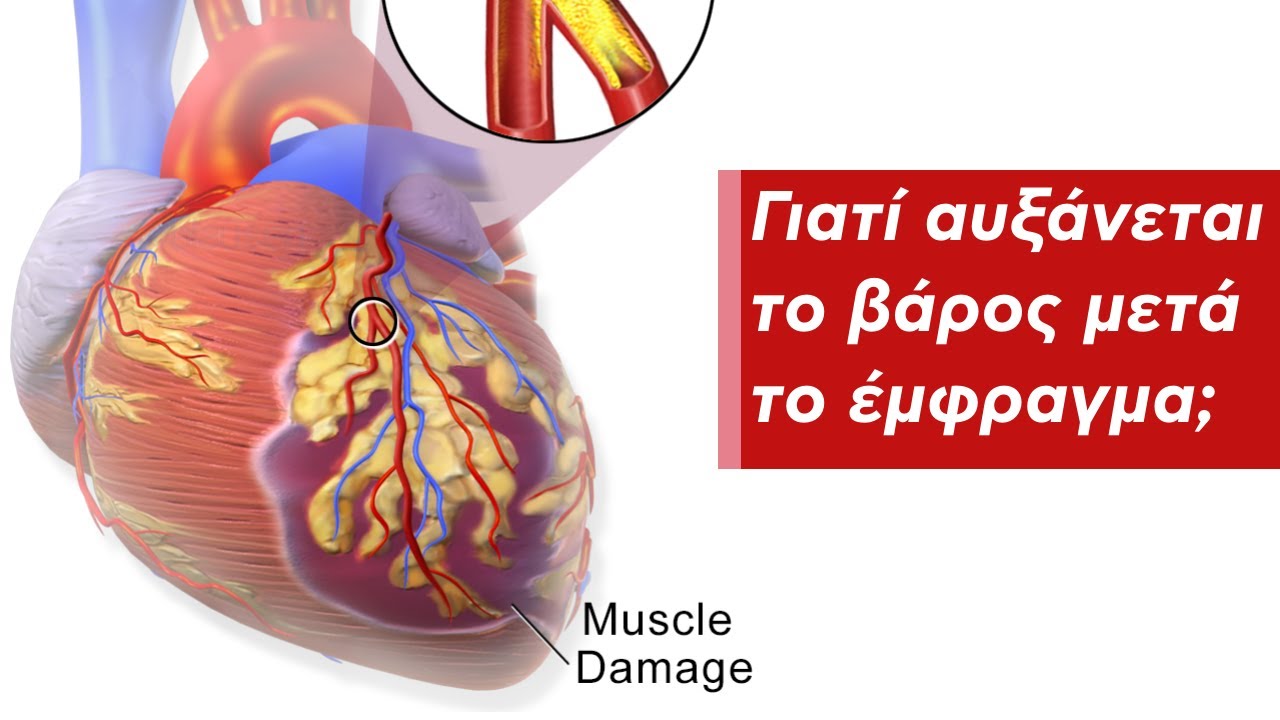







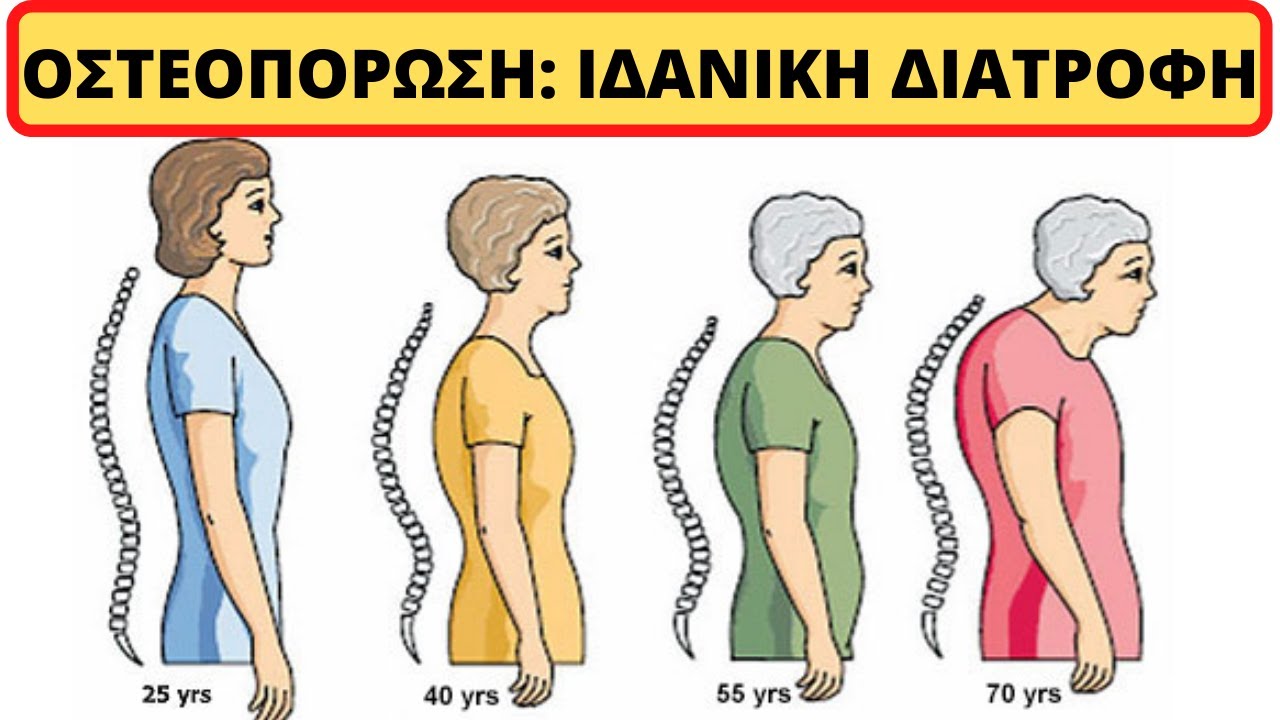


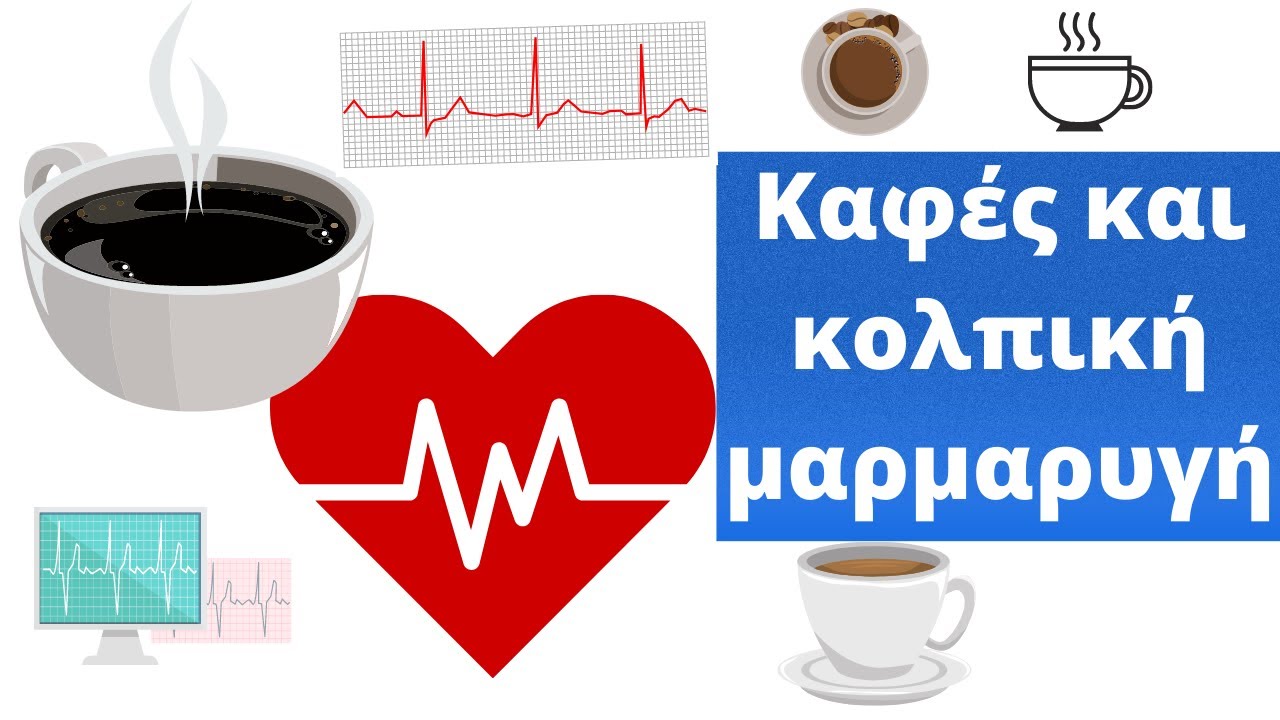
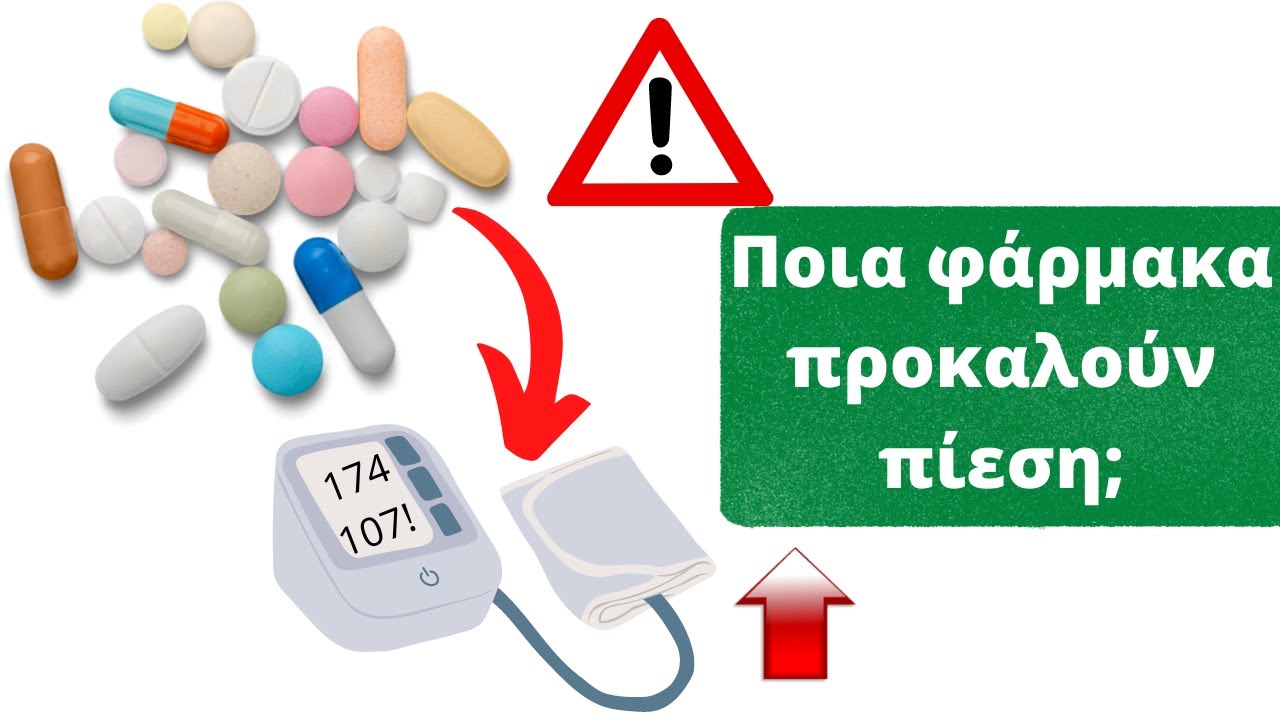








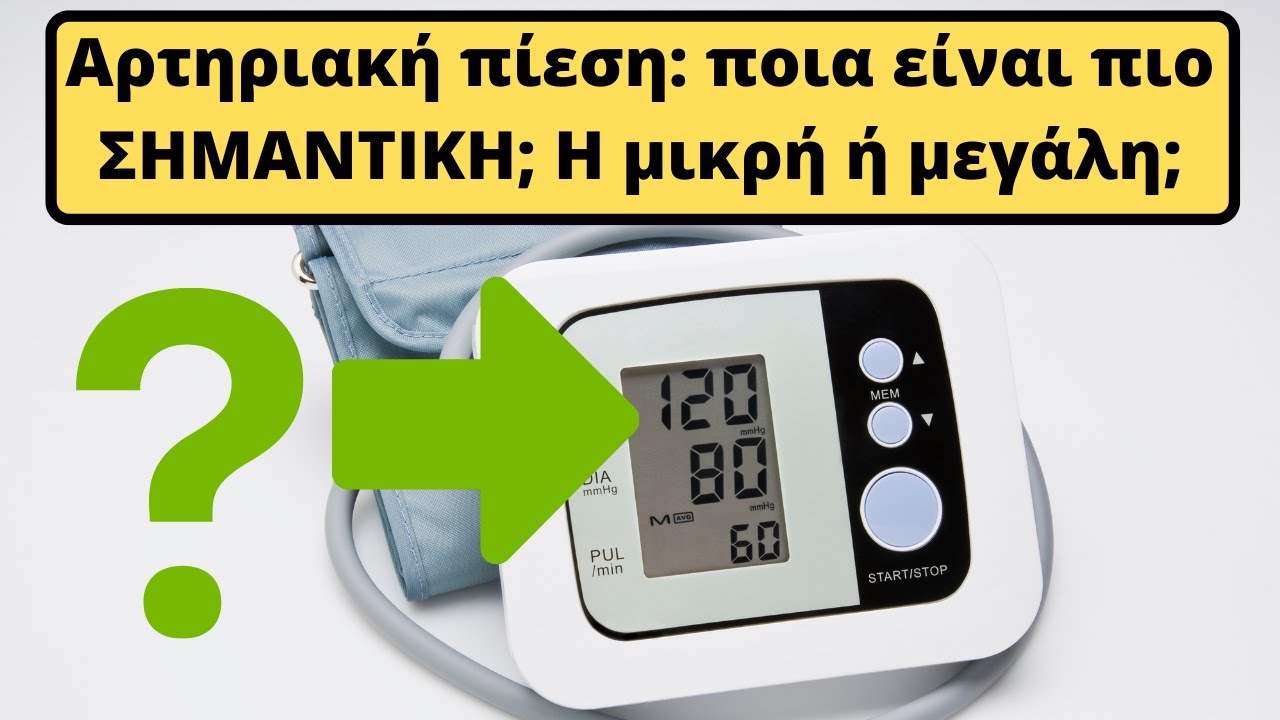
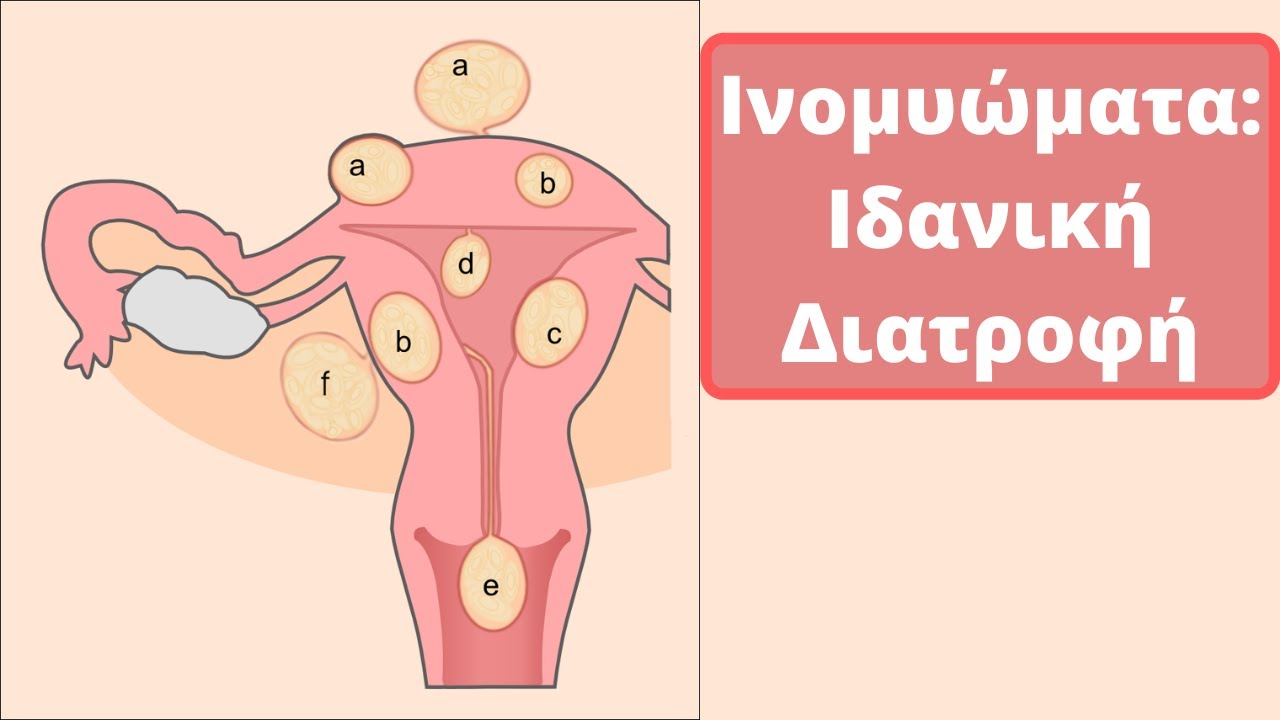














0 Σχόλια